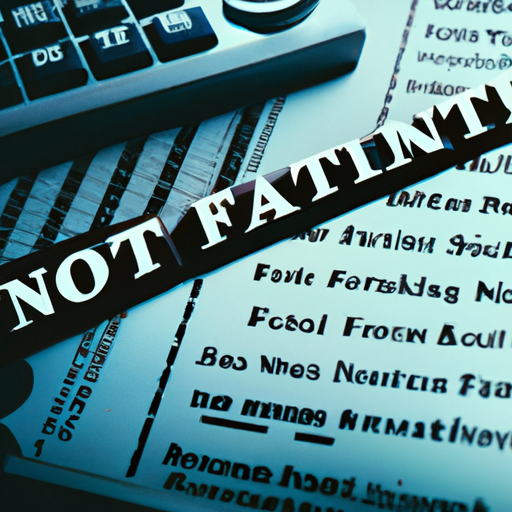As a global society, we’re on a steep learning curve with regards to our fundamental interconnectedness to other countries and societies – united, if not in our world views, then by a new awareness of collective responsibility for each other’s health, economic well-being or just concern for the plight of fellow humans.
But one aspect of the war in Ukraine that will have caused pause for thought is how inextricably tied our financial well-being is to other places and people, through our pensions and other investments and through the price paid for commodities such as oil or wheat.
The cost of living has been turbocharged by the war. What happens over there affects us here. It’s the butterfly effect, but in a bad way.
Five weeks ago, you could probably count on one hand the number of people concerned about whether their life savings were indirectly fuelling the Russian economy. Now, following several pension funds announcing the freezing or planned sale of Russian assets, it’s almost common knowledge.
The morality of money – what we spend it on, who we bank with, what we invest in, has come out into the light of day.
We do not commonly view money and what we do with it as a moral choice in this country. If anything, for much of recent history at the very least since the s, we’ve viewed money and morality as separate spheres. Many still believe that investment should be about making a profit and nothing else. Risk versus return.
Responsibility is someone else’s job, not the investor’s. Money tends to be viewed mainly as a means of personal wealth generation and preservation – providing me with freedom and security, albeit, perhaps in the hope it could also do the same for everyone.
Why complicate this when ethics are subjective, anyway? Well, yes they are, but we’ve discovered lately the bounds where subjectivity crosses into objective right and wrong, and it’s Russia invading Ukraine.
Now we’ve made that leap away from relativism, there are moral dilemmas at every turn. We could well be at a turning point in how we view money and what we do with it as a society.
But money hasn’t just become moral – it arguably always has been. There have been periods where money’s collective, social importance was more universally accepted.
In his book The Power of Money, How Ideas about Money Shaped the Modern World, Robert Pringle cites John Locke, the late-th-century philosopher, who put forward the idea that money had moral value “insofar as it enabled property that would otherwise lie idle to be put to work”.
In another book, Crowdfunding and the Democratisation of Finance, Bruce Davis and Mark Davis also suggest that there is more moral justification for investing productively in businesses and economies than there is for keeping money couped up, gathering dust in high-street savings accounts, where it is not actually doing anything useful.
So, unless you are saving with an institution that actively puts savers’ money to work by lending to environmentally and socially useful projects of which there are a handful, investing it is fundamentally a more moral or immoral, depending on what you are investing in thing to do, because money invested makes things, it grows things, it builds things.
It doesn’t just sit around, watching from the sidelines. Yes, there is some risk, but why shouldn’t there be?
Your money is participating in and contributing to the world around us. That contribution is either helpful or harmful or potentially, confusingly, a bit of both to efforts to meet the UN Sustainable Development Goals.
Our own agency to apply morals to our finances is not always obvious to us, because of the way we typically make financial decisions. We want the cheapest deals or the most profit from our investment.
We are not used to thinking about what our money is doing once we pay that premium or open that account. That’s to some extent understandable – value matters even more when budgets are tight.
The ability to choose financial products on criteria other than price might be viewed as a luxury of those whose income allows them to think in different ways than beyond merely surviving the month without going into debt.
But the ability to divorce our financial decisions from our moral values was a luxury of peaceful times. We are not in peaceful times.
So what do we do? Should I accept a bit of oil and gas in my pension if it’s not Russian, as it means we are less dependent on them? Should I switch my bank account from HSBC, because it hasn’t declared it is closing operations in Russia?
These are decisions for individuals to make. Also, I don’t believe in sentences that begin with: “you should”. But take this opportunity to consider your pension and your bank account.
Who runs them? What have they said about Russian assets? Are they invested in oil and gas and if so, what is their Net Zero policy? Asking questions of your money is a first step to acknowledging the role it plays not just in your own life, but for the future of humanity.


